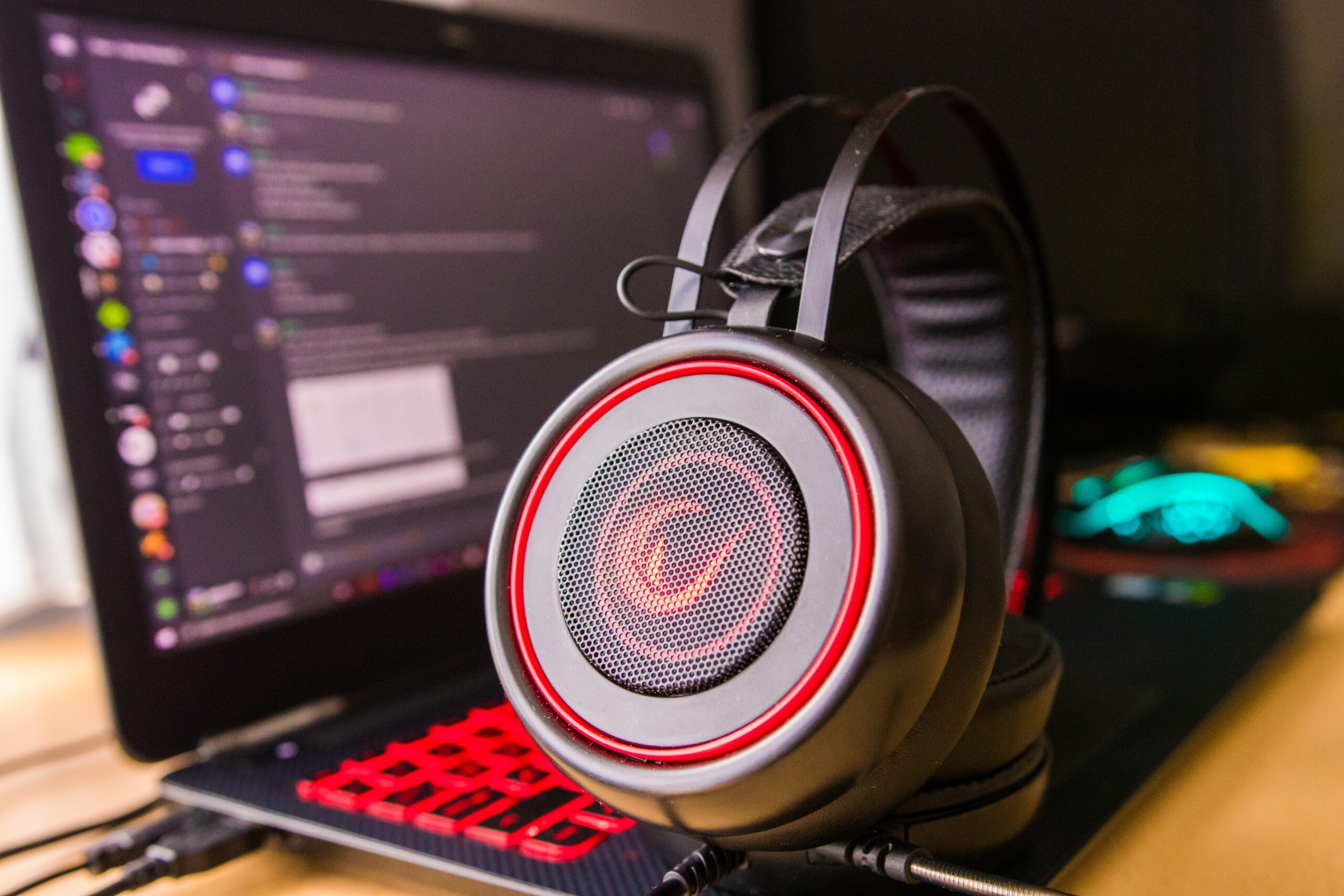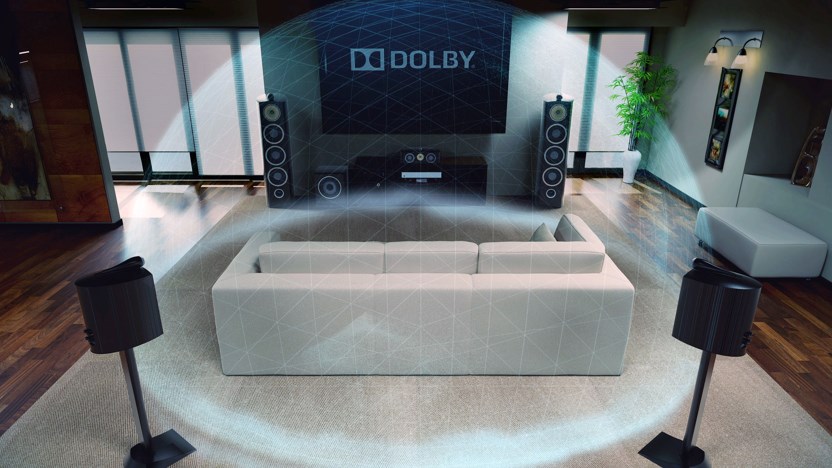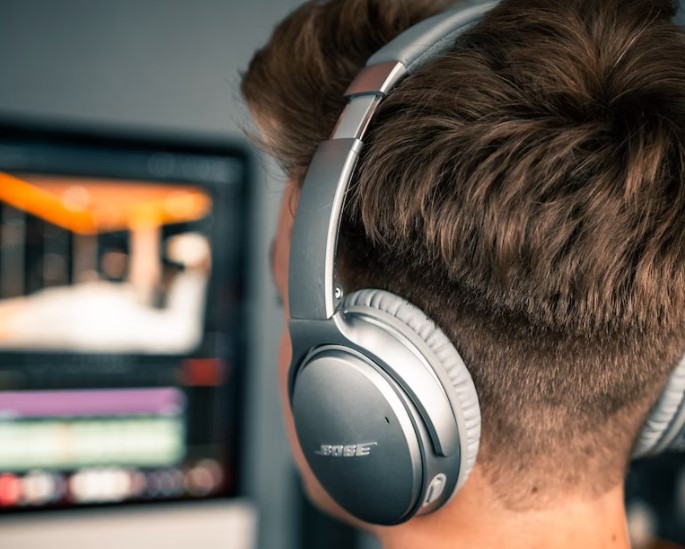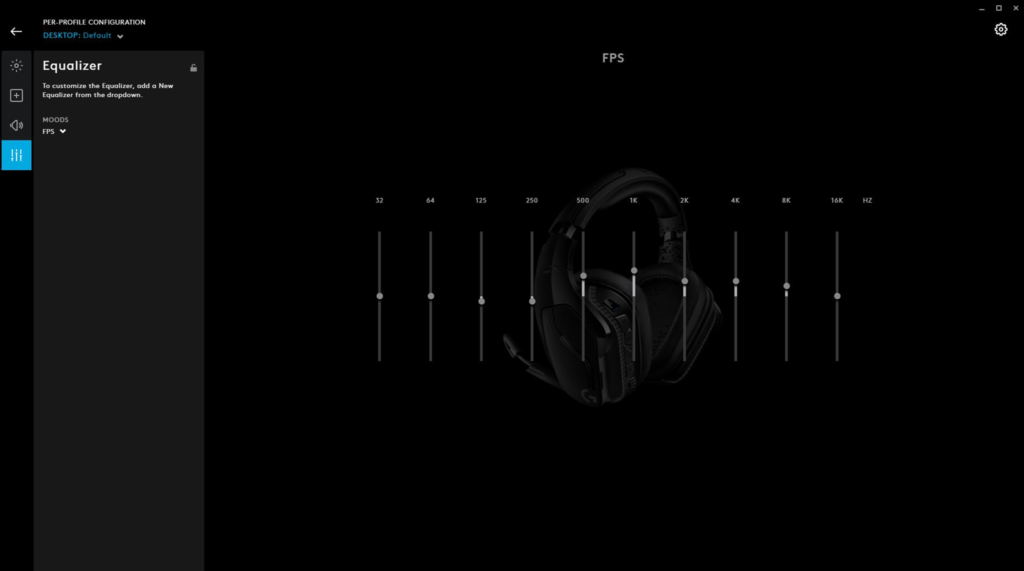With the rise of the gaming industry over the years, many brands have now released gaming-oriented headphones that promise to deliver a distinct advantage over their traditional competitors.
This begs the question, can you use a generic headset for gaming? And, what exactly is the difference between a gaming headset compared to regular headphones?
Gaming Headset vs Headphones
Before we go on to decide whether purchasing a gaming headphone is actually worth it or if you can use a regular headphone, let’s talk about the distinct differences between the two.
But before that, here’s a summary of the differences between a regular and a gaming headphone:
| Property | Regular Headphone | Gaming Headphone |
|---|---|---|
| Aesthetics | Decent and less obvious | Gamer-centered, bright colors |
| Surround Sound | Uses virtual surround sound | Uses true surround sound |
| Audio Quality | Clear, and pronounced on all ends | Bass heavy and often lacks clarity |
| Comfort | Not meant for long sessions | Meant for long sessions |
| Microphone | Great for video meetings, poor for Discord calls and team communication | Excellent, often detachable and present right near mouth to provide better cancelation |
Aesthetics

Gaming headphones look very different than their regular counterparts. Obviously, this is just an aesthetic difference and doesn’t really lead to any actual performance bifurcation. However, some gaming headsets also come equipped with RGB lighting, which may match with your entire build’s color scheme a bit better than a blandly painted headphone.
Surround Sound

Most high-end gaming headsets come with true Surround Sound. In essence, they have multiple drivers placed at various angles in each cup that provide you with up to 7.1 channel audio. Compared to regular headphones (that tend to have virtual surround sound), you’ll be able to more accurately determine where an enemy’s footsteps are, for example.
While virtual surround sound is also very useable, it doesn’t hold a thread to some higher-end gaming headphones in terms of being able to increase overall positional awareness. But, if you aren’t going to be playing games like PUBG or Valorant, where hearing footsteps is important, regular headphones will also do just fine in this domain.
Do note, though, your mileage with surround sound on a particular headset will vary depending on the game. Some games are notorious for having shoddy surround sound implementation, which can hinder the overall draw of a gaming headphone in this regard.
You also can get your hands on surround sound technology from brands like Dolby. With Atmos-enabled headphones, you can experience the same surround sound that you’d expect from a gaming headset. Moreover, PlayStation’s 3D Audio also lets you experience their sound processing technology from a regular headphone.
Audio Quality

A great headphone delivers accurate sound. This leaves the high-end clear, the bass well-rounded, and the mids full. However, gaming headphones tend to be more towards the muddier end and over-emphasize the bass.
Why is that? Well, games tend to sound better with bassier, punchier sound. And, gaming headphones tend to contort towards that EQ setting. Even if you try to equalize them on their own, you won’t be able to get the same clarity as a regular set of high-end headphones.
So, while you are met with a more expansive soundstage on both headphones thanks to them cupping your entire ear, regular headphones tend to focus more on clarity, while gaming headphones are more bass happy. If you are someone who appreciates high-fidelity, clear music, a gaming headphone can get quite tiring quickly, especially because of their deep end.
On the other hand, a regular headphone is still the gold standard when it comes to audio quality. While seasoned audiophiles might disagree, you can get great sound out of a pair of Sony XM5’s that, while not being able to compete with actual audiophile monitors, beats any gaming headset out of the park.
Comfort

Comfort is quite a subjective metric. You might find a cheap pair of headphones much more comfortable on a long-haul flight compared to a $100 gaming headphone. Generally speaking though, gaming headphones are made for comfort. This is because they’re meant to be worn for hours on end.
While a regular headphone too can be used for multiple hours, that’s an extreme use case for them. However, for gaming headphones, this is considered quite normal and even ideal. So, unless and until you opt for a super cheap pair of gaming headsets, you’ll end up having a more comfortable experience with gaming-oriented audio hardware.
Microphone
The microphone is truly where gaming headsets shine. While regular headphones do have microphones, gaming headphones tend to have better-quality microphones with noise cancellation. Some of them are detachable as well, allowing you to replace them or clip on even better ones.

Regular headphones do have mics, don’t get us wrong. But, due to their hidden nature, they tend to rely on software trickery to be able to discern between voices. This leads to muffled inputs, with most of your friends flaming you on Discord for the intolerable static behind your voice.
Software Integration
Gaming headsets often come with dedicated software that allows users to customize various aspects of their audio experience. This software integration can significantly enhance the overall performance and usability of a gaming headset, giving users more control over their audio settings.
Most gaming headset manufacturers provide proprietary software that enables users to adjust audio profiles, fine-tune equalizer settings, and configure microphone options, such as noise cancellation and voice clarity. These software applications often include customizable presets for different game genres, which can help optimize the audio experience for specific gaming scenarios.

For instance, you might want to have a more immersive audio profile for single-player adventures, while a competitive multiplayer game might require more emphasis on communication and positional audio.
In addition to audio settings, some gaming headset software also offers customization options for RGB lighting. Users can sync their headset’s lighting with other peripherals, such as keyboards and mice, to create a cohesive and visually appealing gaming setup.
On the other hand, regular headphones usually don’t come with dedicated software for customization. While some high-end headphones may include companion apps that offer basic equalizer settings and noise cancellation options, these features are typically not as comprehensive as those found in gaming headset software. This lack of software integration may limit the user’s ability to fine-tune their audio experience, making regular headphones less versatile for gaming purposes.
Durability
When it comes to long-term use and wear and tear, durability is an essential factor to consider while choosing between gaming headsets and regular headphones. Gaming headsets are specifically designed to withstand the rigors of extended gaming sessions, whereas regular headphones may not always be built with the same level of sturdiness in mind.
Gaming headsets often feature robust construction, with high-quality materials such as reinforced plastic, metal hinges, and braided cables. These materials contribute to the overall durability of the headset, ensuring it can endure frequent usage and resist damage from accidental drops, twists, or impacts. Some gaming headsets also include replaceable parts, such as ear cushions and detachable cables, which can further extend the product’s lifespan by allowing users to replace worn-out components easily.

In contrast, regular headphones can vary greatly in terms of build quality and durability. While high-end headphones might incorporate premium materials and solid construction, budget-friendly options may prioritize affordability over durability. This can result in a less sturdy product that may not hold up as well to the demands of regular gaming sessions. Moreover, regular headphones are typically designed with casual listening and portability in mind, which means they might not be as well-suited to the more intense usage patterns associated with gaming.
The Verdict: Can You Use A Regular Headphones For Gaming?
Yes, you can use regular headphones for gaming. You’ll have a worse-quality microphone, surround sound won’t be that good and you may have some connectivity issues at the start. But, besides that, regular headphones provide a more than adequate gaming experience and can definitely be used if you don’t want to shell out for a gaming headphone.
But, if you want the best of the best, there’s clearly a reason why gaming headsets have stood the test of time. They have excellent microphones, are more comfortable than their regular counterparts, and often have real surround sound that lets you pinpoint footsteps from miles away.
Gaming Headset FAQs
Which is better for gaming, headphones or headset?
Gaming headsets are generally better for gaming due to their immersive surround sound, superior microphone quality, comfort for extended sessions, and dedicated software for customization. However, regular headphones provide better audio clarity and versatility, making them suitable for casual gaming and non-gaming purposes. Your choice depends on your specific gaming needs and priorities.
Can you use a gaming headset as headphones?
Yes, you can use a gaming headset as headphones for listening to music, watching movies, or making calls. However, they may have a bass-heavy sound signature, which might not be ideal for all types of audio content.
Is it headphones or headset?
Both terms are used to describe audio devices worn over the ears, but headphones typically refer to devices designed primarily for music listening, while headsets include a microphone for communication purposes.
Why do gamers prefer headphones?
Gamers may prefer headphones for their superior audio quality, which can enhance the gaming experience. However, some gamers prioritize features like surround sound and microphone quality, making gaming headsets the preferred choice.
Should I bother buying a headset for gaming?
If you play games that require communication with other players or want an immersive experience with surround sound, investing in a gaming headset can be worthwhile. However, if you primarily play single-player games or value audio quality above all else, regular headphones may suffice.
Do pro gamers use wired or wireless headsets?
Pro gamers often use wired headsets due to their lower latency and more reliable connection, ensuring optimal audio and communication performance. However, some pro gamers may use high-quality wireless headsets if they offer similar performance and convenience benefits.



